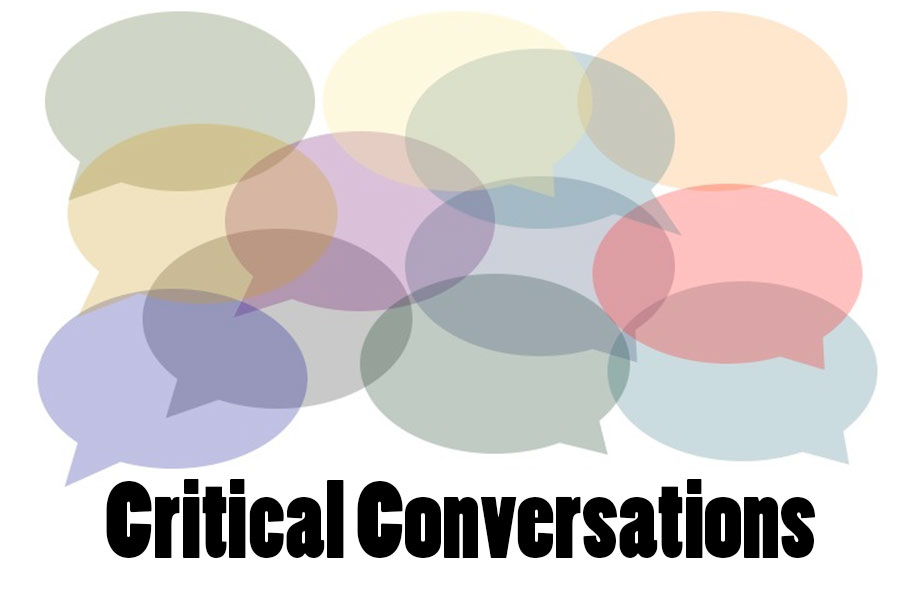“My father always said …” You’ve heard or maybe even said this one, right? And how many times have you said, “Who gives a shit what your father says? Who the fuck is he to know?”
Probably not a whole lot, because the reality is that people tend to believe the words of their father.
As a communications major at Cornell, I learned multiple techniques for persuading people and populations. We learned about fear-response thresholds, where too much fear would dissuade individuals but just the right amount could convince someone not to cross a fence in a dangerous part of Yellowstone National Park, or to potentially quit smoking.
We learned that creating ads that claimed many people enjoyed something or did something would persuade individuals to do the same. For example, if I made an ad that showed multiple people enjoying ice cream with a quote that said, “Seventy percent of people favor Ben and Jerry’s over alternative ice-cream choices,” I know you’ll be more likely to select Ben and Jerry’s. And I also know through the third-person effect that many of you reading this will believe that you are less susceptible to this type of persuasion, but you aren’t. Neither am I!
While this may seem quite obvious, one thing I learned that really stuck with me is that people are more likely to believe something if you tell them your father said it. Now being from a broken family, the amount of times I’ve said, “My father told me …” could be counted on both hands, but I still wanted to give it a try. I started opening ideas with, “My father said this,” and things with “I believe,” and the different reactions from listeners was astounding. If I told someone that my father said building a house on sand is actually a stronger alternative to stone in certain conditions, they nodded in amazement. However, if I told them that I thought that, they were more likely to ask for a source or evidence.
This unquestioning belief was not limited to false facts; they also didn’t question bullshit life lessons like, “My father says everyone is racist, but that it’s not that big of a problem unless it’s acted on.” Pretty much anything that came out of my mouth with a disclaimer that my father had said it rarely was questioned.
I suppose the question is, Why? Why are we so believing of our fathers? Are they wiser than our mothers? Are they wise at all?
The answer is the patriarchy. We’ve had 45 presidents, all male. Historically, the depiction of women in our society has been limited to caretakers and nurturers.
Just take a look through some 1950s Time magazines, or really any publication outside the feminist genre, and you’ll see exactly what I’m talking about. While women have earned more bachelor’s degrees than men since the 1980s in the United States, barriers in career choice and elevation persist. The boys’ club is still at large. So I believe, because of this, anything a father says will be blindly believed, but I urge you to question it. There is no evidence that a father has wisdom. In fact, given the higher percentage of bachelor’s and master’s degrees among women, I’d probably believe what a mother tells me over a father.
